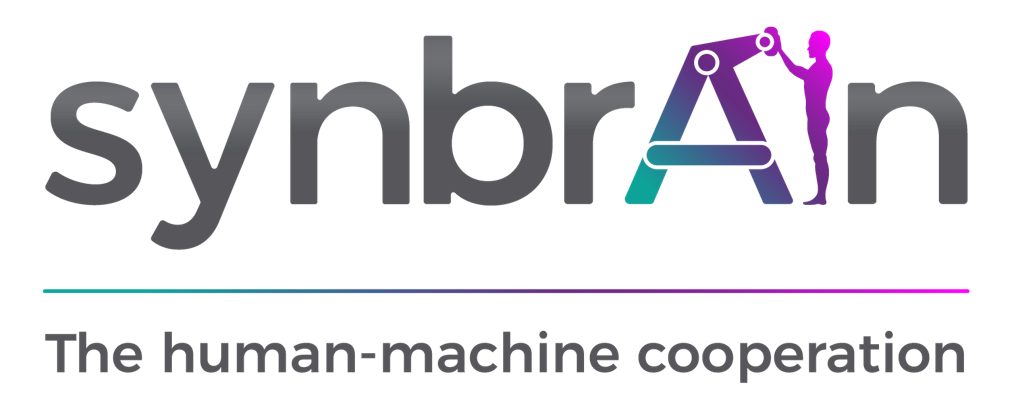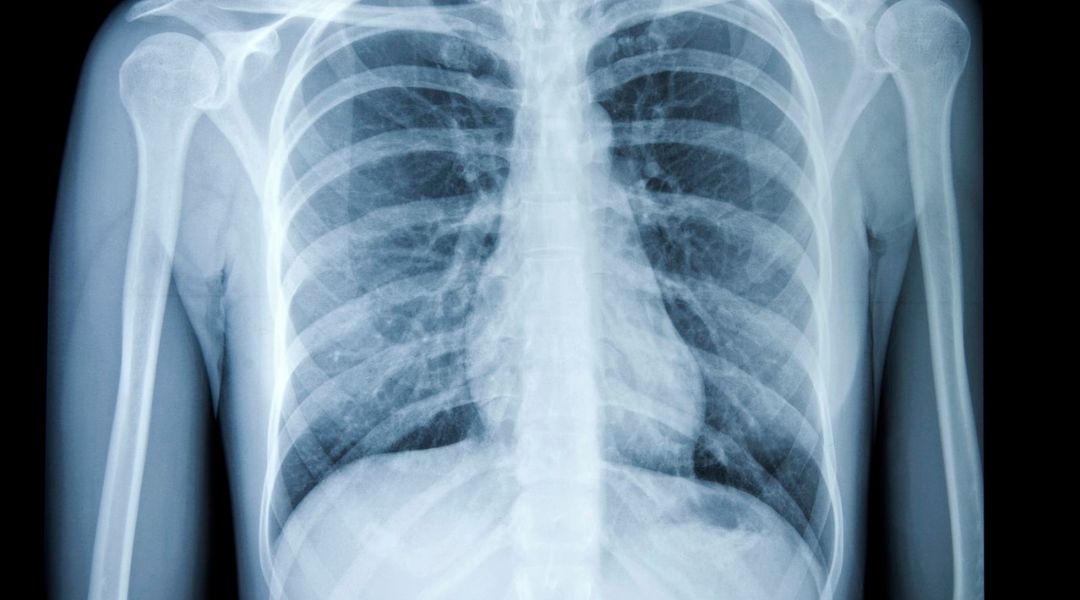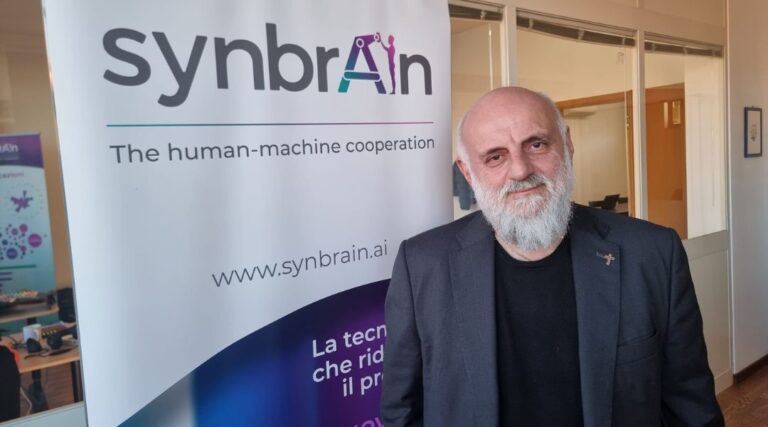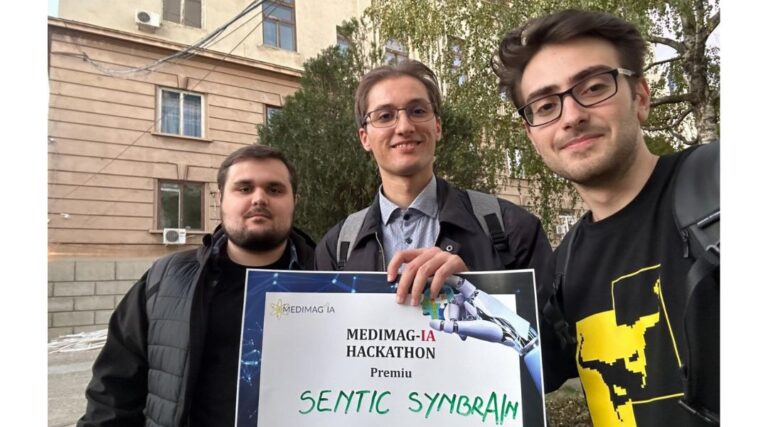Lung cancer is a severe disease that leads to a high number of fatalities. Among all types of cancer, it is the leading cause of cancer-related deaths worldwide. The symptoms of lung cancer typically appear in advanced stages, when treatment options are less effective. For this reason, early diagnosis is a key factor in reducing mortality rates.
To achieve this, screening processes often focus on the detection of pulmonary nodules, which can be identified through chest X-ray analysis and are visible long before symptoms or other clinically relevant signs emerge. Since chest X-rays are a common medical examination, pulmonary nodules are often discovered incidentally, in patients undergoing routine check-ups for unrelated conditions.
This is where SenticLab’s work comes into play, developing artificial intelligence solutions to support medical diagnosis.
As pulmonary nodule detection was part of synbrAIn’s product development roadmap, the SenticLab data science team participated in the NODE21 competition, which aimed to compare various AI-based solutions for detecting lung cancer nodules in radiographic images.
SenticLab developed a solution based on YOLO, a modern and highly effective computer vision algorithm for object detection. By applying a customized version of YOLO to chest X-ray images, the team successfully identified tumor nodules with an accuracy of 82.75%.
This result, tested on a dataset of 4,882 frontal chest X-ray images, allowed SenticLab’s solution to rank second among all participants in the NODE21 detection task—just over one percentage point behind the winning solution (MTEC, Hamburg University of Technology) and two points ahead of UCLA’s solution.
Beyond the competition results, this achievement further validates the effectiveness of AI in diagnostic support.
Together with SenticLab, synbrAIn has already developed various AI-powered applications that have been integrated into the MS humanAId platform, enabling automatic pneumonia classification from medical images.
In addition to pulmonary nodule detection, synbrAIn and SenticLab are working on extending MS humanAId – CHEST XR PNEUMO with CT scan analysis and pneumothorax identification.
We strongly believe that the use of AI-driven diagnostic tools will continue to grow, offering practical applications in medical imaging and reinforcing our core philosophy of human-machine cooperation.




